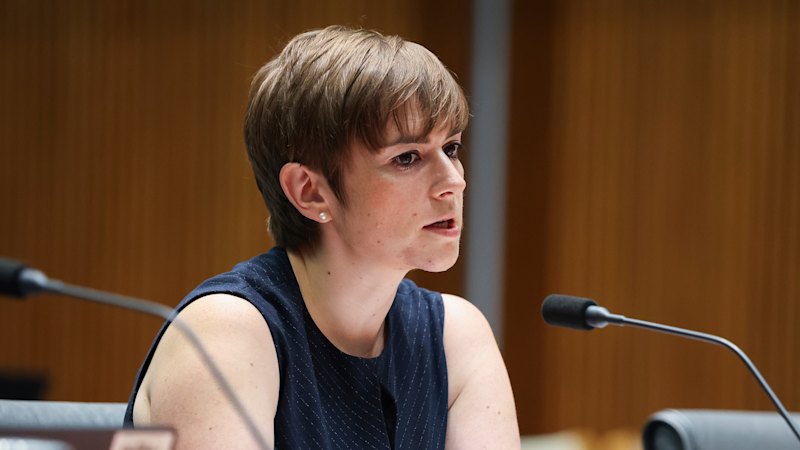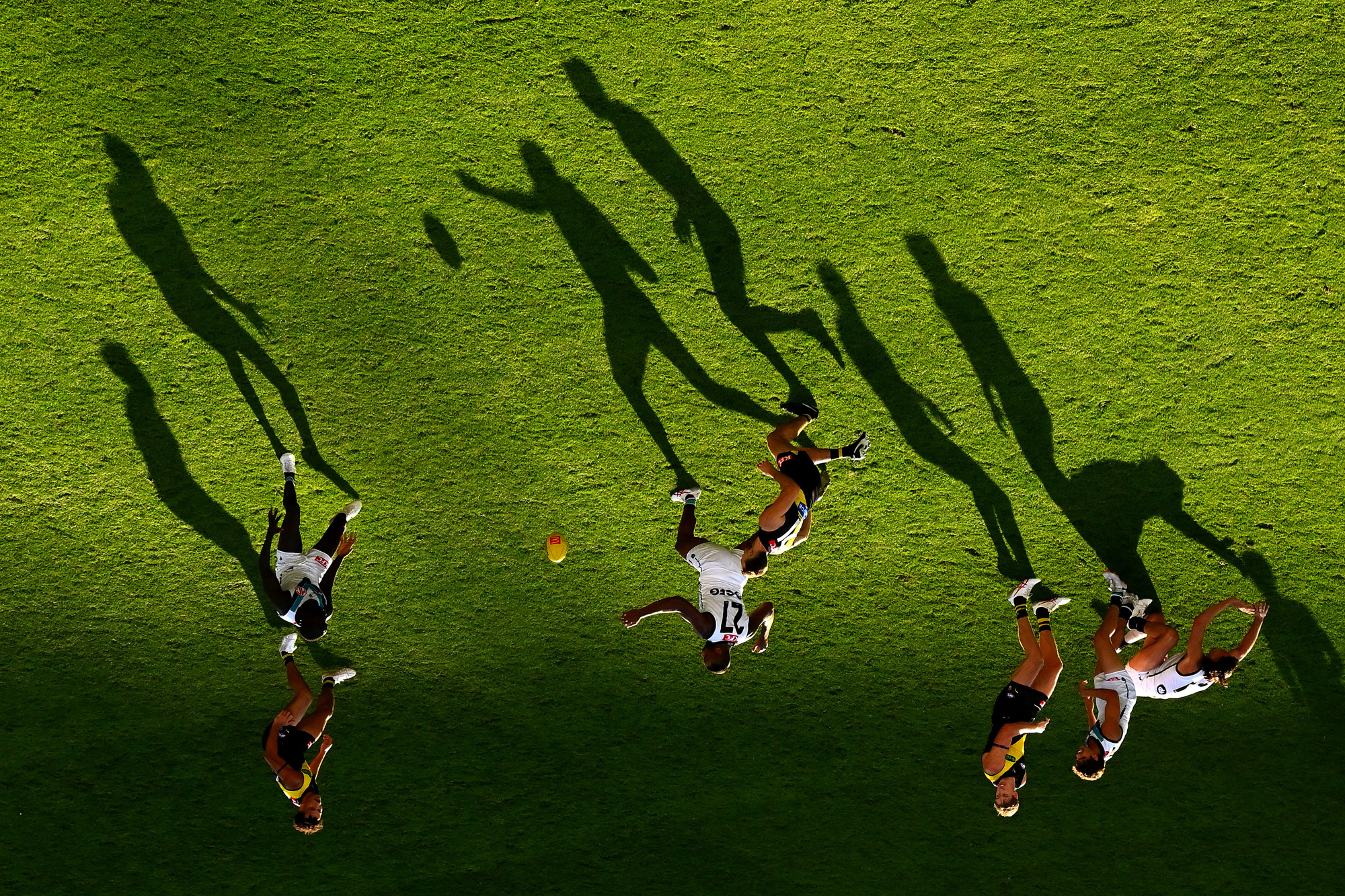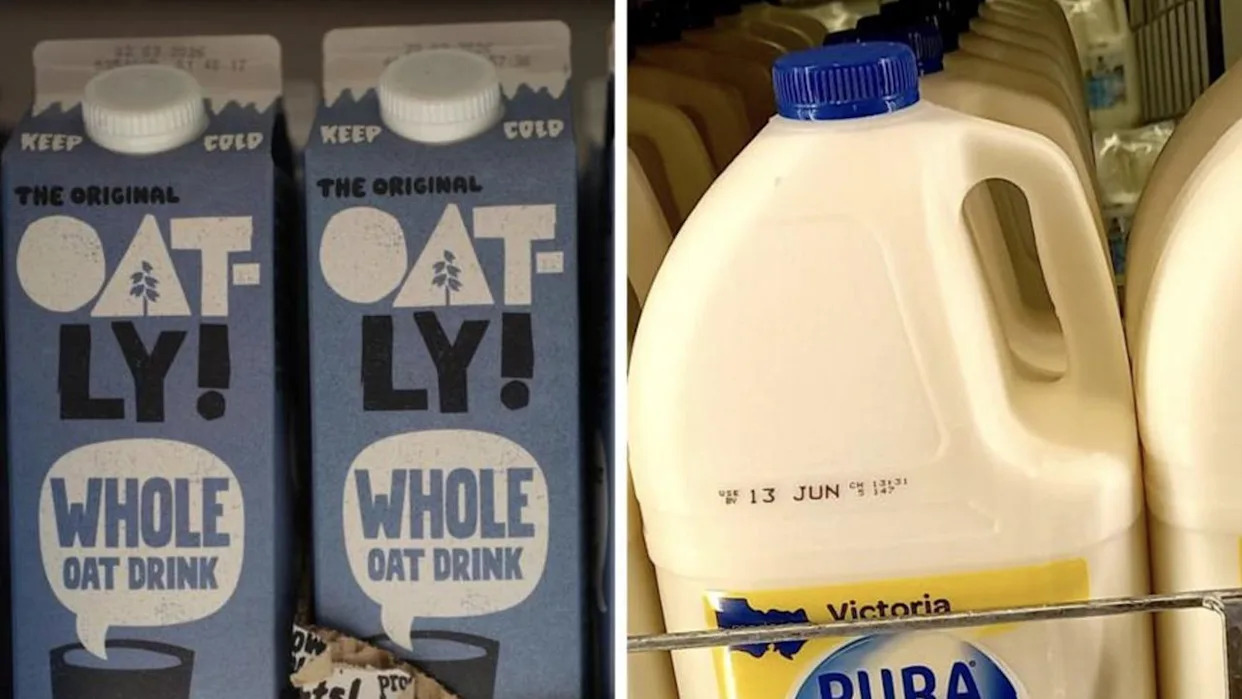
Melbourne-based chef Scott Pickett has faced a significant financial setback as his restaurant group, Rogue Traders Group, accumulated debts of $27.2 million prior to its recent administration. The group, which operates several well-known eateries including Smith St Bistrot and Matilda 159, appointed administrators in late September after failing to meet debt obligations to the Commonwealth Bank.
The financial turmoil appears to have stemmed from a lack of proper accounting since 2022. Rogue Traders, a joint venture between Pickett and the First Guardian superannuation fund, faced additional pressure after the fund collapsed earlier this year amid investigations by corporate regulators. The group’s other establishments, including Longrain and Chancery Lane, continue to operate despite these challenges.
According to a report from administrators at Romanis Cant, Rogue Traders may have been trading while insolvent for over a year before entering administration. The report indicates the group ceased repayments to the Commonwealth Bank, which has security over all of Rogue Traders’ assets and a personal guarantee from Pickett himself.
The Commonwealth Bank is expected to recover the full $12.8 million it lent to Rogue Traders, although the fate of the $14 million owed to First Guardian remains uncertain. Notably, at the time of administration, Matilda owed Rogue Traders $5.6 million, while Chancery Lane was indebted for $5.8 million.
Despite the pressing financial situation, there is hope for a turnaround. The administration team is currently in discussions with a potential investor who may inject funds into the business, aiming to secure the future of the restaurants.
Pickett’s culinary reputation and the popularity of his venues have drawn significant attention to this unfolding situation. As the hospitality industry continues to navigate financial challenges, the outcome of Rogue Traders Group’s restructuring will be closely watched, both by investors and patrons alike.







